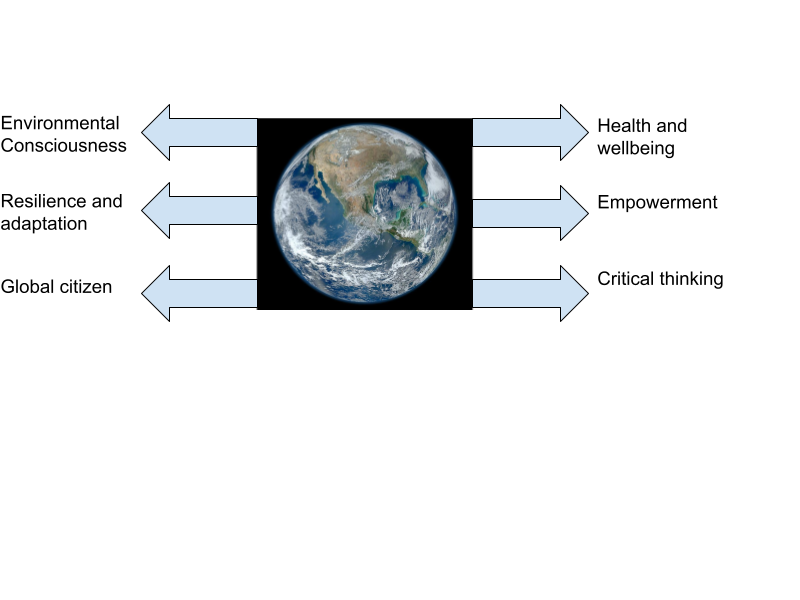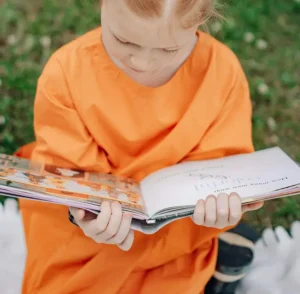Children are the future leaders and caretakers of our planet. It is important to provide them with the right climate education and tools to understand environmental issues. Moreover, this will empower them to protect our beautiful planet earth as they become adults.
Important Areas Climate Education for kids

The first step of climate change education is being aware of the climate challenges we face. Additionally, installing a sense of responsibility in children that we all have a part to play in improving the state of our planet.
Climate Education to Install a Sense Responsibility in Children
It is important to encourage children to develop habits which promote sustainability. For example, recycling, water conservation and waste reduction. This climate change eduction empowers children to enact change easily into their lives.
Climate change impacts various aspects of human health and well-being, including air quality, access to clean water, food security, and the spread of infectious diseases. Teaching children about climate change helps them understand the importance of preserving environmental health for their own well-being and that of future generations.
Critical Thinking Skills
If we give children critical thinking skills, we can teach them to analyse scientific data. Subsequently, they will understand complex environmental systems and evaluate the impact of human activity on the planet. This will empower children to ask questions about how sustainable something may be and think of ways they could do it differently.
Resilience and Global Citizenship
Climate change can invoke anxiety and a feeling of helplessness in children. Climate change education on sustainable practices helps them to build resilience and adapt their environmental behaviour.
Another method of reducing climate anxiety is to install a sense of global citizenship. Improving the health of the planet is a team job, and should include everyone, regardless of nationality or location. Thinking about climate change in this way may encourage children to develop a sense of global citizenship. As a result, they will understand the interconnectedness of human societies and the environment.
Health and Well-Being
Climate change impacts various aspects of human health and well-being. This includes air quality, access to clean water, food security, and the spread of infectious diseases. Teaching children about climate change helps them understand the importance of preserving the environment for their own well-being.
Overall, educating kids about climate change is essential for building a more sustainable and resilient future. As a result, it equips them with the knowledge, skills, and values needed to address one of the most pressing challenges of our time.








